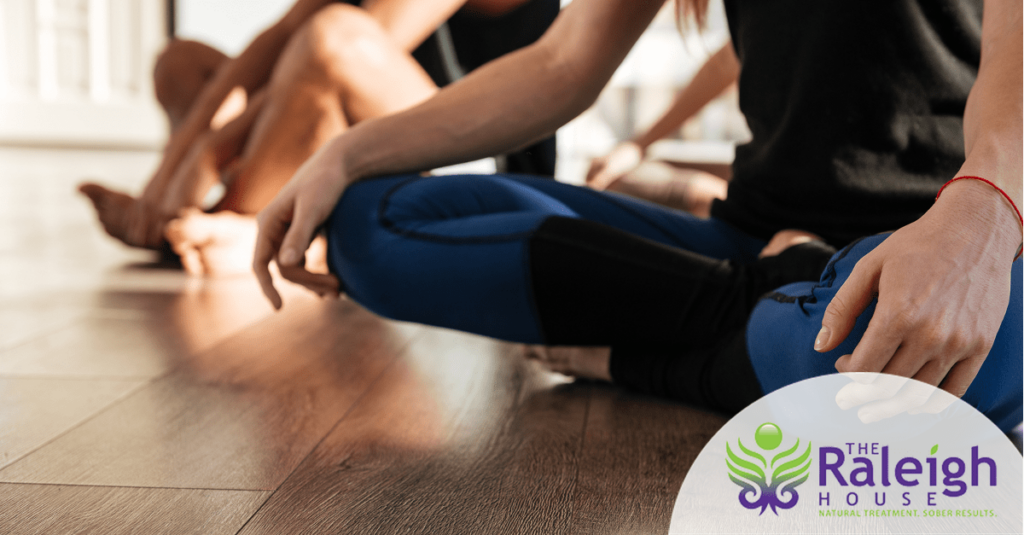
It’s probably the biggest—and best—decision you’ll ever make. You’ve decided to stop taking chances with your life and are going to rehab to break free from the grip heroin has had on your life.
Now, you have to choose (or help a loved one choose) between inpatient and outpatient programs.
Everyone’s experience with heroin addiction is unique. For some, it comes on the heels of a painkiller prescription. For others, it’s an escape from the memories of an abusive childhood.
It’s the same way with recovery. Everyone has his or her own unique path. The important thing is to find what works for you.
It used to be thought that a person got addicted to drugs or alcohol because of a moral failing. Bad people making bad choices resulted in addiction. Then, research revealed that addiction is actually a complex interplay of genetics, environmental and behavioral factors.
That’s why rehab isn’t just detoxing from heroin and getting on your way. It’s finding out what led to addiction in the first place and then dealing with it. That can be accomplished at both inpatient and outpatient treatment programs—just in different ways.
Inpatient Treatment for Heroin
Inpatient treatment is like diving in head first. For a period of 30 to 90 days (and research says longer is better), you’ll be living at a treatment center and working full-time on your recovery without any distractions.
Instead of worrying about work or college, you’ll fill your days with individual and group therapy sessions. You’ll try other forms of therapy, too, like using art or music to release emotions that are difficult to verbalize. You can also participate in local 12-step programs.
Because heroin has suppressed your body’s natural ability to feel happy, you’ll also want to take the opportunity to exercise, which releases feel-good neurotransmitters like serotonin. And you won’t have to squeeze a run in before or after work. It will be your full-time job to get well.
Cooking? Not your responsibility. What’s more, if you’re at a really good treatment center, your meals will be prepared by a chef who specializes in replenishing the body with everything that heroin took away. Breakfast, lunch and dinner will be just another part of your recovery.
Perhaps most importantly, you won’t have any negative influences around. Everyone you come into contact with will be focused on the same goal as you—building a full and interesting life without heroin.
Outpatient Treatment for Heroin
As good as inpatient treatment sounds, it’s not the best choice for everyone. Let’s be honest, while 90 days off of work and chef-prepared meals sound great, it definitely presses the pause button on one’s financial and job situation.
For those with severe addictions, that pause can be a literal life-saver. And it’s worth every minute and every penny.
But there are some people who manage to notice the earliest signs of heroin addiction and take action. Outpatient treatment might be just the boost they need to confront and manage their addiction.
Another factor to consider is what your friends and family situation is like. Will they be supportive and encouraging in your recovery? Or will you constantly be dealing with texts from friends you used to use with?
Everyone in recovery has moments of weakness. Will you be strong to make it through those without the round-the-clock support offered at inpatient rehab?
Hope—and Freedom—at The Raleigh House
At the Raleigh House, we believe that we have to do more than help people get off of heroin. We need to address the issues that got them there in the first place. That’s why each person who walks through our doors is assigned a master’s level therapist to guide them on their recovery journey. Fill out our form or contact us today to learn more about the heroin addiction treatment program at The Raleigh House.

FAQs About Inpatient vs. Outpatient Heroin Treatment
What are the Benefits of Being Sober from Heroin?
What are the Facts About Today’s Heroin Addict?
What Heroin Addiction Rehab is Like at The Raleigh House?
How to Kick Heroin for Good and Survive Rehab?
How Do The Best Heroin Rehab Centers Work Their Programs?
How Many Uses Does It Take to Become Addicted to Heroin?
What are the Statistics About Heroin Rehab?
Why You Should Not Fear Heroin Rehab?
What are the 10 Reasons to Strive to Live Heroin Free?
What Questions to Ask in a Heroin Rehab Center?
How Life Can Be Better Without Heroin?
Why Won’t My Child Stop Using Heroin?
Will Heroin Rehab Really Help Me?
FAQs About Heroin Rehab
How Do I Know If My Child is Using Heroin?
How Cognitive Behavioral Therapy (CBT) Can Help with Heroin Addiction?
Does Heroin Rehabilitation Work?
What are the Effects of Injecting Heroin?
What are the Side Effects of Smoking Heroin?
What are the Effects of Heroin When Snorted?
What Does a Heroin Addict Look Like?
What is Harm Reduction in Relation to Heroin Addiction?
What are the Facts About Heroin Addiction & Depression Recovery?
How Long Does Heroin Withdrawal Last?
What are the Differences Between the Inpatient and Outpatient Heroin Treatment?
How Does Heroin Use Affect Pregnancy?
What are the Long-Term Effects of Heroin on Your Mouth and Teeth?
How Nutrition and Exercise Can Help with Heroin Recovery?
How Heroin Affects Immune Health?
How Long Does Heroin Stay in Your System?
What are the Long-Term Effects of Heroin on the Body?
What are the Long-Term Effects of Heroin on the Brain?
How to Deal with a Loved One Who is a Heroin Addict?
What are the Dangers of Mixing Heroin and Xanax Together?
